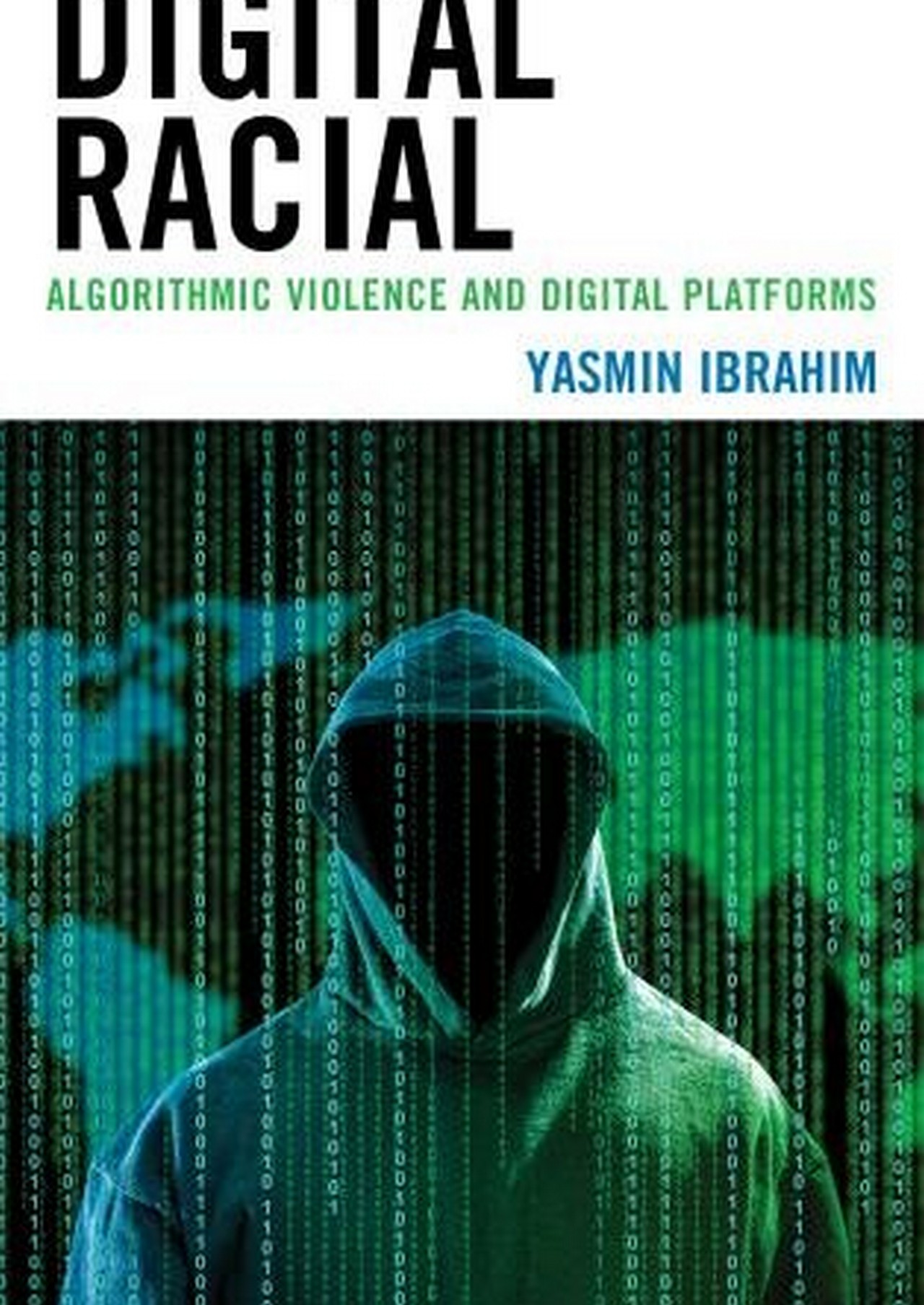In an more and more digital world, expertise will promote historic social inequalities except the system is challenged and adjusted, warns a brand new publication from Professor Yasmin Ibrahim from Queen Mary’s Faculty of Enterprise and Administration.
Prof Ibrahim’s newest guide attracts on analysis from laptop science to sociology and demanding race research, in a ground-breaking demonstration of how digital platforms and algorithms can form social attitudes and conduct.
“Digital Racial: Algorithmic Violence and Digital Platforms” explores how algorithms can goal and profile folks primarily based on race, in addition to how digital applied sciences allow on-line hate speech and bigotry. The guide additionally particulars how algorithms are not solely used for digital platforms, similar to social media and on-line procuring; they play a hidden however rising position in important public companies like well being and social care, welfare, training and banking.
There are numerous examples of the hazards that digital applied sciences can pose—from notorious scandals like Cambridge Analytica knowledge misuse and racial bias within the U.S. courts’ threat evaluation algorithm, to rising points like self-driving automobiles being extra more likely to hit darker skinned pedestrians and digital assistants not understanding various accents.
Prof Ibrahim highlights real-world examples of how digital platforms can reveal and reinforce deep-seated inequalities—similar to Fb’s algorithm contributing to the Rohingya genocide, through which an estimated 25,000 folks have been killed and 700,000 extra displaced. Amnesty Worldwide discovered that “Fb’s algorithmic programs had been supercharging the unfold of dangerous anti-Rohingya content material,” and the platform did not take away harmful posts as a result of it was cashing in on the elevated engagement.
Extra lately and nearer to dwelling, “The A—Stage Fiasco and U-turn by the UK Authorities” (2020) noticed an algorithm created by examination regulator Ofqual downgrade college students at state faculties and improve these at privately funded unbiased faculties, disadvantaging younger folks from decrease socio-economic backgrounds.
Equally, Dutch Prime Minister Mark Rutte and his complete cupboard resigned in 2021, when investigations revealed that 26,000 harmless households had been wrongly accused of social advantages fraud partially attributable to a discriminatory algorithm. This led to tens of hundreds of oldsters and caregivers being falsely accused of childcare profit fraud by the Dutch tax authorities—typically these with decrease incomes or belonging to ethnic minorities.
Concerning her current work in “Applied sciences of Trauma,” Prof Ibrahim’s new guide raises the problem of how finest to reasonable digital platforms. Since algorithms lack the humanity wanted to evaluate what could also be dangerous to folks, this job typically falls to low-paid staff on unstable contracts, compelled to have a look at huge quantities of traumatic content material. Prof Ibrahim argues that content material moderation ought to be handled as a hazardous enterprise, with regulation for employers and assist for workers.
Commenting on the publication of “Digital Racial,” Prof Ibrahim mentioned, “Digital applied sciences have the potential to result in constructive social change, however in addition they carry with them the chance of spreading and intensifying present inequalities. I am thrilled to lastly be capable to share this guide with the world, which I hope will begin a vital dialog in regards to the position of digital platforms and the implications it will probably have on equality.
“With the rise of expertise and its growing position in our lives, it is extra necessary than ever to make sure that digital areas are usually not replicating racial inequalities in our society. We should problem algorithmic inequality to stem discrimination, hate, and violence and push for extra inclusion and illustration in our digital platforms.”
Offered by
Queen Mary, College of London
Quotation:
The darkish facet of AI: E book warns that algorithms could also be producing hate and discrimination (2023, February 15)
retrieved 22 March 2023
from https://techxplore.com/information/2023-02-dark-side-ai-algorithms-generating.html
This doc is topic to copyright. Aside from any truthful dealing for the aim of personal examine or analysis, no
half could also be reproduced with out the written permission. The content material is supplied for info functions solely.







